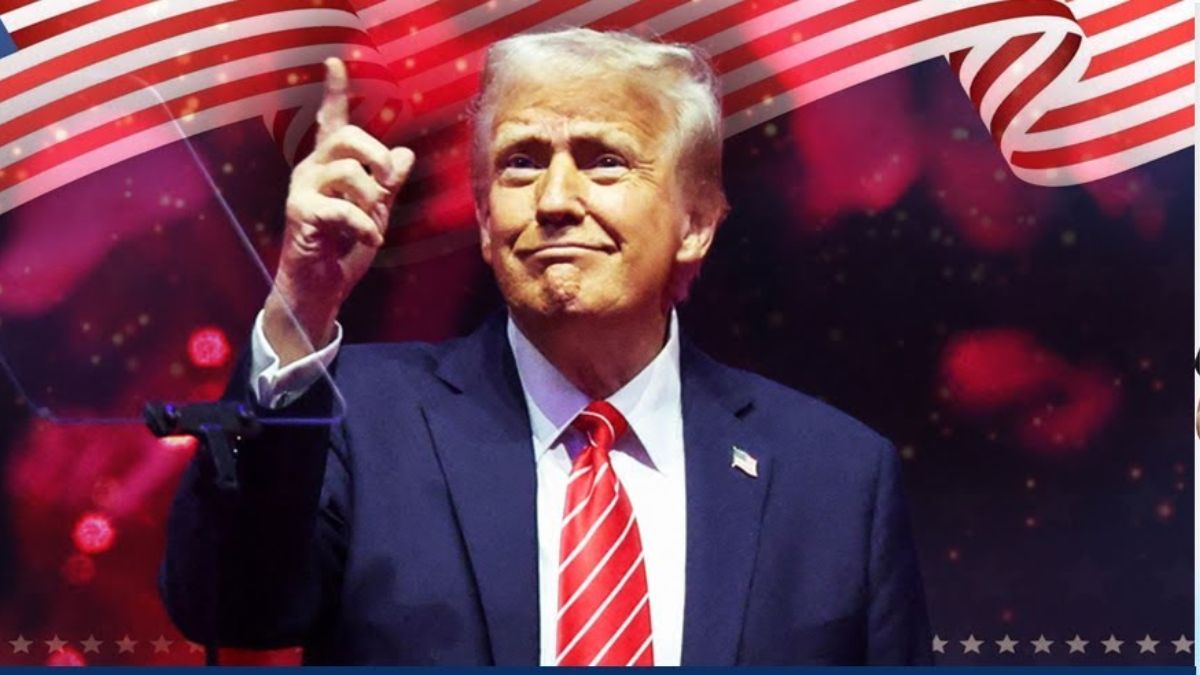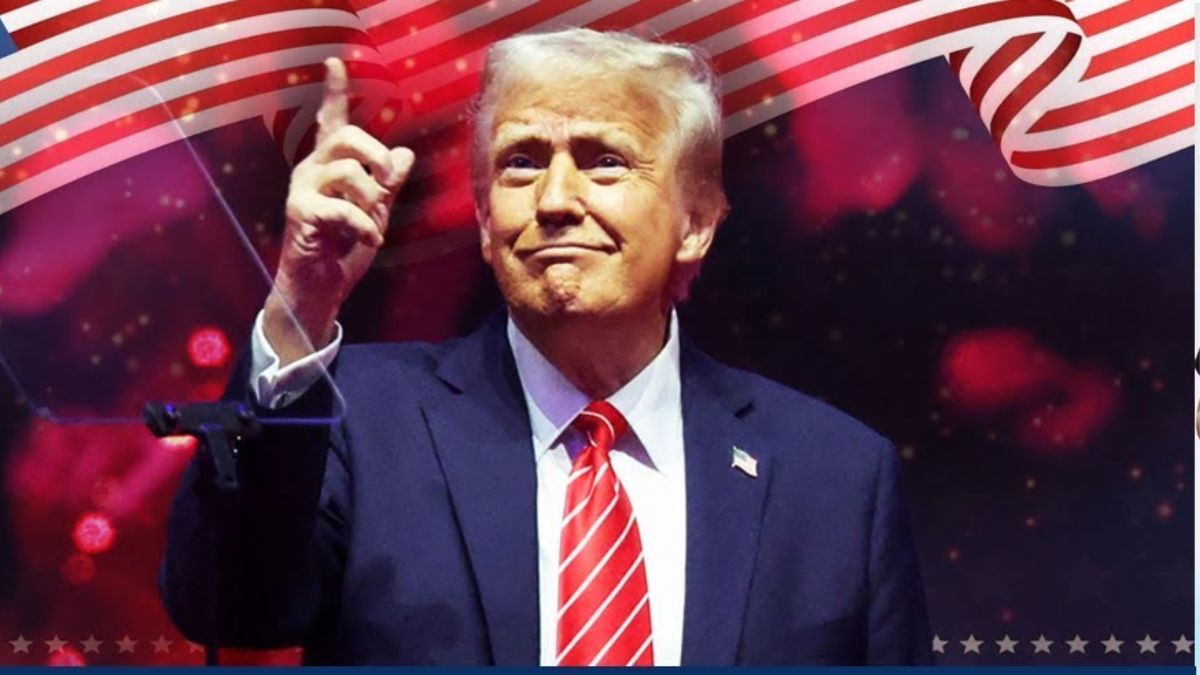Unless you are a hermit in the Himalayas, you would have undeniably heard about Bitcoin and other cryptocurrencies like Ethereum, Ripple, and Litecoin. These are decentralised digital currencies, in which transactions take place peer to peer without any intermediary or bank. To ensure their authenticity and prevent fraud, the transactions are verified using cryptography and recorded in a public distributed ledger called blockchain. Blockchain-based cryptocurrencies are known to have substantial advantages over traditional fiat currency in that they are transparent, more secure, have no limitations, are not restricted by borders, and can be transferred in a cheap and fast way. Further, for those worried about their privacy, these cryptocurrencies offer a certain degree of anonymity totally absent in traditional banking. Some cryptocurrencies like Ethereum are additionally tied to a broader application platform which provides functionalities like smart contract.
Having recorded a combined growth of over 10,000 percent in the last year itself, cryptocurrencies have attracted everyone’s attention. Just the other day, my almost taxi driver randomly started chatting with me about ‘bitcoin.’ Hinging on apprehensions of tax frauds, crime, and regulation, the response from governments to this new financial trend has been mixed at best with some outright outlawing cryptocurrencies and others maintaining significant skepticism regarding their existence. Nonetheless, despite the animosity and the doubts, governments surely don’t want to be left behind, and many of them are exploring the possibility of themselves getting into the cryptocurrency business. India is considering floating its own cryptocurrency Laxmi, Russia Crypto-Rouble, Japan J-Coin, Sweden Ekrona, Estonia Estcoin. Even the Bank of England, Bank of Canada, the People’s Bank of China, and the Dutch Central Bank have launched cryptocurrency pilots or research projects to study how they could make use of blockchain. So, what does this development mean both for the future of cryptocurrencies at large and those of existing cryptocurrencies like Bitcoin and Ethereum?
Unlike most enthusiasts who began trading in cryptocurrencies before millennials started obsessing over it – I am neither a tech guy nor a finance guy (which I like to believe make my views on this issue less biased than most other commentators). I am a constitutional theorist who researches the circumstances under which the ‘costs of obfuscation and disenfranchisement in a political system are worth bearing for’. In less Shashi Tharoor-ian words, I study when it is okay to restrict the political process and/or override decisions of the elected representatives. One such circumstance that I briefly identify in a forthcoming academic paper as warranting restrictions is the supervision of the state’s money supply and currency by central banks. This is because politicians can often make populist and in-explainable economic decisions which can have crippling effects on the economy in the long run. On the other hand, leaving the entire monetary system to the force of free markets brings in too much volatility and risks severe inflation. Thus, there is some merit in having the monetary system controlled by an independent body of experts aka ‘A Central Bank’.
This is where the problem with Bitcoin and similar decentralised cryptocurrencies comes in. Though some experts also speak of crime, tax evasion, money laundering as the more significant problems of cryptocurrencies — I am less concerned about them. I think law enforcement always finds a way to catch up. Much has been written about how crime isn’t a factor to be worried about ( here and here). Even the so called problem of excessive energy consumption that some complain about, can be overcome. However, in the absence of a centralised monitoring institution, cryptocurrencies are too volatile to become mainstream. Not to forget the constant risks of inflation if they do become mainstream. Bill Gates has summed up this issue when speaking about not using Bitcoin for the Gates Foundation’s efforts to help the poor in third world countries get banking services — “the poor shouldn’t have a currency whose value goes up and down a lot compared to their local currency”.
Impact Shorts
More ShortsDoes this mean we stick with our traditional systems? Not at all. Bitcoin or no Bitcoin, the days of traditional money are fading away. We are already heading towards a cashless society by slowly ushering in a revolution of digital currencies and electronic payment systems. In fact, last year in Sweden only 15 percent of retail payments were made in cash. Similar revolutions are being seen in other countries of the world such as Kenya, China, Japan. India’s controversial demonetisation decision was also a step in that direction. Even most of our traditional money supply is bank money held on computers — even when it is not presented as such.
Digital currencies have an immediate benefit over traditional money in that they do not require extensive infrastructure and transactions are relatively quicker. All you need is a mobile phone with access to the internet to avail banking facilities. Yet, while normal digital currency does offer advantages over traditional currencies, it still cannot provide some of the attractive features that have made blockchain-backed cryptocurrencies popular. Transactions are not as secure and face risk of hacking and other manipulation. Neither do they provide the anonymity associated with cryptocurrencies. Digital transactions are still associated with hefty banking costs, going as high as five percent in some instances. Additionally, while quicker than normal transactions, digital transactions are still nowhere as swift as blockchain-based transactions. Not to forget the complications that arise with oversees transactions.
This is precisely why countries seriously considering their own cryptocurrency based solutions is a step in the right direction. Traditional cryptocurrencies like Bitcoin are designed in such a way that their quantity is regulated by a protocol rather than a central banking institution. Further, with these cryptocurrencies, additional units can only be created as a recompense to miners for validating transactions, and existing units cannot be automatically un-created. This lack of flexibility becomes a noteworthy impediment in allowing cryptocurrencies to go mainstream. Further, the absence of an independent entity to ‘back’ these cryptocurrencies in circulation means that their value cannot be controlled during stages of fluctuating demand. Thus, to have a workable cryptocurrency, one central point of control to the monetary system needs to be reintroduced by assigning a central bank the ability to regulate the supply of tokens on their cryptocurrencies blockchain. This allows the central bank to guarantee the one-to-one equivalence between their cryptocurrencies and physical currencies. These government-backed cryptocurrencies can retain all or most of the other features of traditional cryptocurrencies. What these cryptocurrencies would eventually look like is a Bitcoin — except with the central bank having the ability to add or remove individual units from circulation at any given time. A white paper released in 2016 on such a possible government regulated coin called ‘Fedcoin’ provides a perfect detail analysis of the working of government regulated cryptocurrencies.
What does this signify for Bitcoin and other similar cryptocurrencies? Like with everything else related to cryptocurrencies, no one can say for certain. Though one obvious possibility is that Bitcoin and other cryptocurrencies would be greatly affected since they were mainly intended to be used as a digital currency and not as an investment option. The future might be a tad better for other cryptocurrencies like Ethereum that are tied to broader application platforms. Xen Baynham-Herd, head of strategy and lead economist at one of the leading digital wallets, Blockchain, disagrees and believes that Bitcoin could become a type of digital gold. He thinks that Bitcoin and another crypto will coexist with government-issued cryptocurrencies, because they offer fundamentally different things.
As he puts it “Bitcoin, from the very beginning, was all about decentralised, peer-to-peer digital cash, without the need for central intermediary, without the control of a government, and these features remain whether or not a government issues its own digital currency." As to what I think about the future of cryptocurrencies, I do feel that the price of Bitcoin and other cryptocurrencies will surely fall under Government pressure. At the same time, I agree with commentators that they will never fully be wiped away because the technology behind it is far too powerful to be controlled by big government. However, I do also think that eventually existing cryptocurrencies will be reduced to what one commentator calls ‘ a collectible currency for tech-savvy enthusiasts.’
Even if this might be the ensuing case, Bitcoin and its numerous fans should not really be upset about it. Just like anything and everything in the world we live in, Bitcoin would ultimately be subjected to evolutionary upgradation. If Bitcoin’s evolutionary upgrade does not come via government regulated cryptocurrencies, it will surely come via a technologically superior cryptocurrency. But unlike most evolutionary upgrades in the modern world, Bitcoin’s would leave behind a legacy and impact which very few commodities have. Very often in explaining the future of Bitcoin to prospective investors, I use the example of the Ford Model T. For those who don’t know, the Ford Model T was the first car mass-produced using the assembly line. This unique feature opened up automobile travel for the middle-class citizen and ushered in a new era of mobility. The almost rudimentary Model T was produced for only about 18 years, but it sold 16.5 million cars in the early part of the 1900s. The Model T was not the best car ever made — we all know that’s the Tesla — but the Model T still ranks as one of the highest sold cars and is remembered as the one that revolutionised the automobile industry. Similarly, Bitcoin, launched in 2009, might not have the long run some people expect it to have, but it will forever remain one of the most popular and widely traded cryptocurrencies and the one that changed the way we do banking.
The writer is a doctoral candidate in Constitutional Law at the University of Pennsylvania who also happens to be a cryptocurrency enthusiast, investor and consultant. He tweets @AmalSethi


)

)
)
)
)
)
)
)
)



